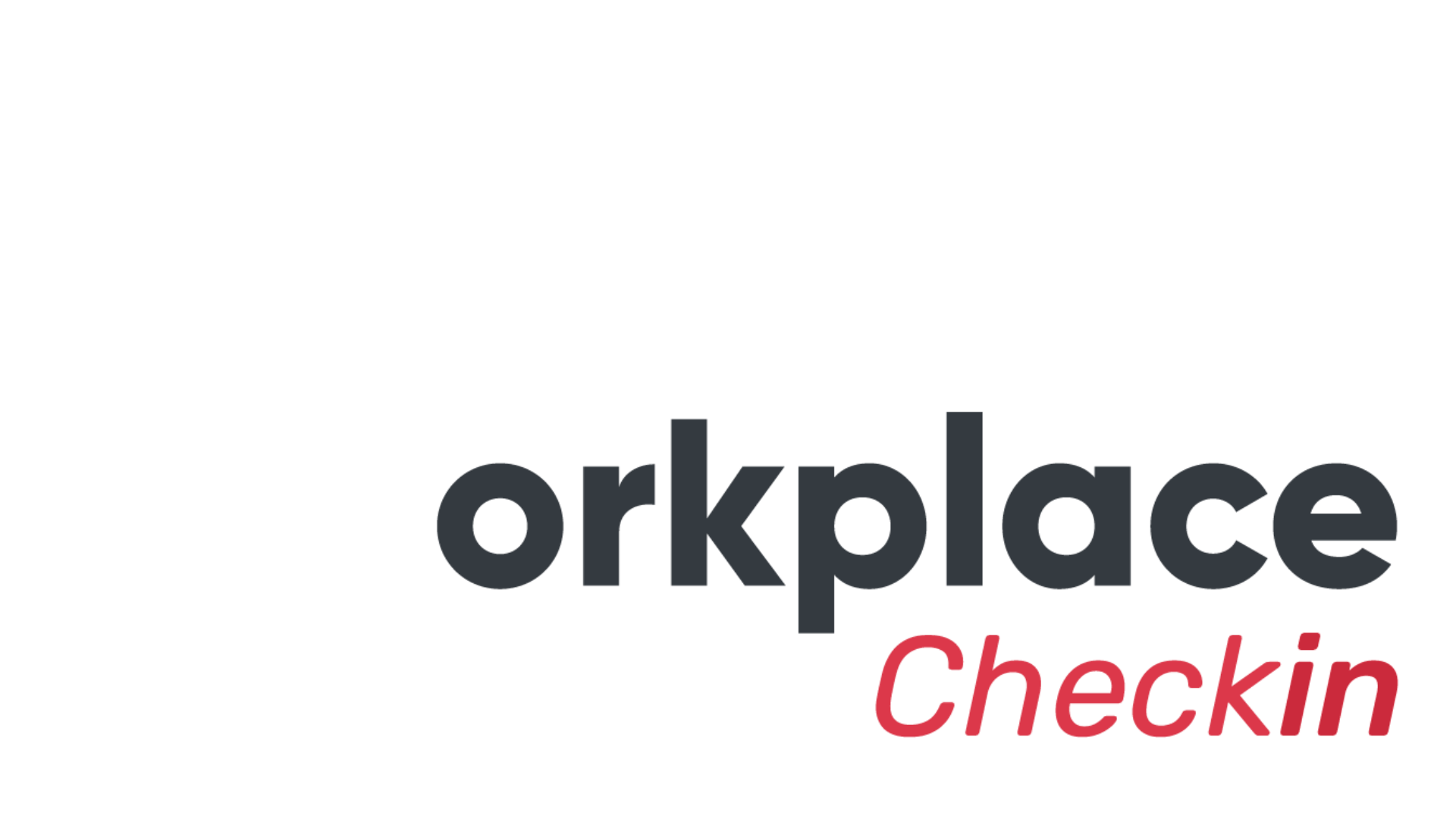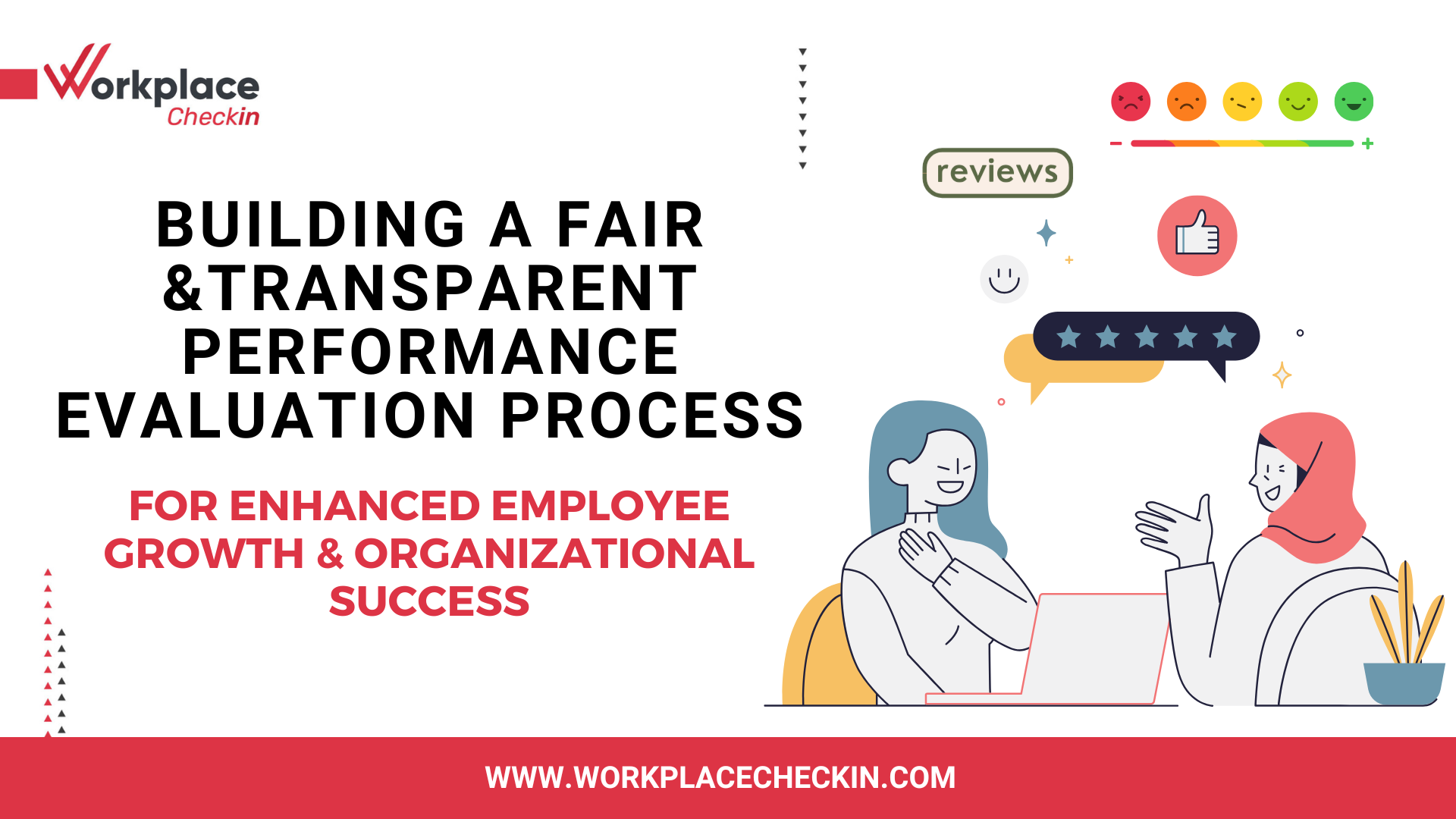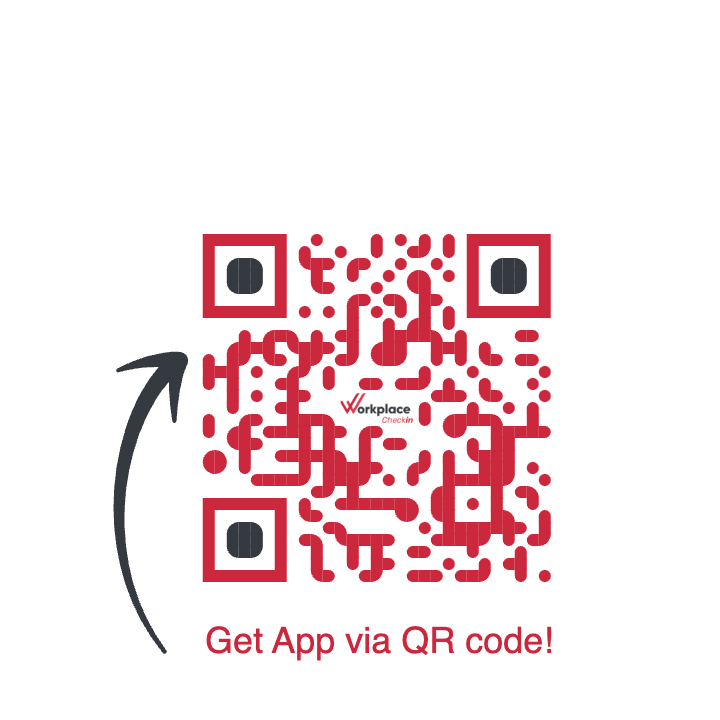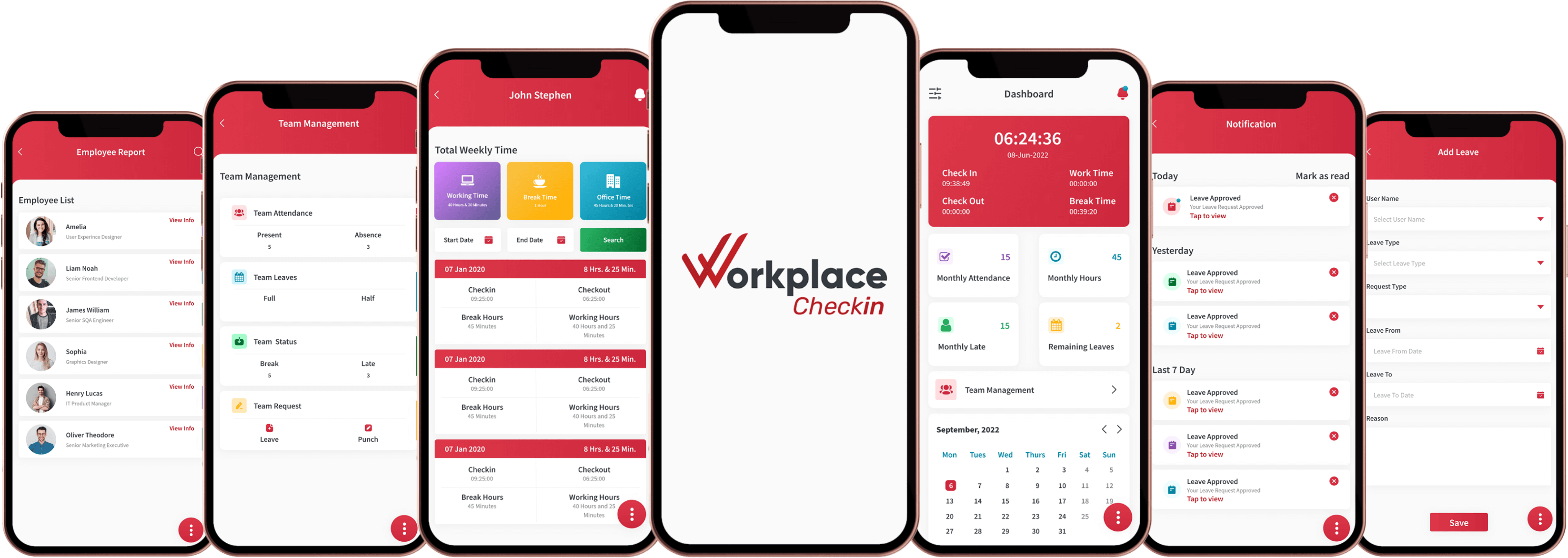

Exit Interviews: Mining Gold from Employee Departures
Introduction
Imagine you're in the shoes of a company executive, striving to retain your top talent and maintain a positive work culture. However, despite your best efforts, employees occasionally decide to move on to new opportunities.
Every employee's departure is a story waiting to be told. It's a moment when an organization loses a valuable member and an individual embarks on a new journey. Companies often see this as a mere formality, but what if we told you that it could be a gold mine of insights that might shape the future of your organization? In this blog, we'll explore the often-overlooked practice of exit interviews and how they can be a source of valuable information, using real-life examples and statistics to shed light on their importance.
Why Employees Leave
To understand the potential gold in exit interviews, we must first comprehend why employees decide to leave. Various studies have highlighted some common reasons:
Lack of Career Development:
Employees often leave when they feel their career growth is stagnating. In fact, 22% of employees leave their jobs for this reason, as reported by Gallup.
Poor Work-Life Balance:
An unhealthy work-life balance can lead to employee burnout and dissatisfaction. A Harvard Business Review study found that 54% of employees leave due to excessive workload and stress.
Inadequate Compensation:
Money matters and it's one of the primary reasons people leave their jobs. A survey by Glassdoor revealed that 45% of employees left their jobs due to low pay.
Poor Management:
Bad bosses can drive employees away. A Leadership IQ study found that 42% of employees left their jobs due to poor management.

Why Exit Interviews Matter
Exit interviews are often treated as a mere checkbox in the HR process. However, they are anything but that. These interviews offer a unique opportunity to understand why an employee leaves and what the organization can learn from it.
Let's begin with a real-life example. Microsoft, one of the world's largest tech companies, takes exit interviews seriously. They understand that when an employee leaves, there's valuable information walking out the door. Microsoft uses these interviews to gather data on why employees decide to leave and what can be done differently. This data-driven approach to exit interviews has helped them make positive changes in their workplace culture.
Netflix, the streaming giant known for its innovative corporate culture, conducts exit interviews with a twist. They ask departing employees, "If you were to stay, what would you need?" This question, although unconventional, has led to actionable insights. In one case, a departing employee requested a parking space closer to the office due to a mobility issue. Netflix promptly arranged the parking space, demonstrating its commitment to accommodating employees' needs and retaining top talent.
Statistics that Speak Volumes
Statistics underscore the importance of exit interviews. According to a study by the Work Institute, a staggering 77% of turnovers are preventable. This statistic should make every organization pause and rethink how they handle exit interviews.
Another alarming statistic, according to a survey by Glassdoor, suggests that 61% of employees who had a negative experience during their exit would not recommend their organization to others. These numbers highlight the impact that a poorly conducted exit interview can have on your company's reputation.
What Can You Learn from Exit Interviews?
Exit interviews can reveal a treasure trove of information, and that's why they should be approached with curiosity and a genuine desire to learn. Here are some key areas you can gain insights from:
Reasons for Leaving:
Understand the primary reasons employees choose to depart. It could be about career growth, management, workplace culture, or personal reasons.
Real-Life Example: Google
Google is known for its innovative approaches, and this extends to exit interviews. They found that some of their best employees were leaving due to a lack of growth opportunities. In response, they introduced a "Career Guru" program to help employees map out their future at the company, showcasing how exit interviews can lead to tangible changes.
Workplace Culture:
Exit interviews can shed light on the overall work environment. Employees who are departing are often more candid about their experiences, providing an unfiltered look at the workplace culture.
Managerial Feedback:
Find out how managers are perceived by their subordinates. Are they effective leaders or in need of improvement? This information can help in refining leadership practices.
Suggestions for Improvement:
Departing employees might have valuable improvement tips. They can provide fresh perspectives on processes, systems, and workplace practices.
Real-Life Example: Ford
Ford Motor Company learned from exit interviews that employees were seeking more work-life balance. In response, they introduced flexible working hours and remote work options. This change made a significant difference in employee satisfaction and retention.
The Power of a Curious and Engaging Approach
To unlock the full potential of exit interviews, it's essential to approach them with curiosity and engagement. A mere checklist won't yield the insights you're looking for. Encourage departing employees to share their experiences openly, making them feel valued and heard.
Real-Life Example: Airbnb
Airbnb takes a unique approach to exit interviews. They not only ask about the employee's experience but also seek insights into the organization's culture and values. This approach helps them identify potential areas of improvement that go beyond individual departures.
The Ripple Effect
The insights from exit interviews don't just benefit the organization itself; they can also have a positive ripple effect on the remaining employees. When employees see that their feedback is taken seriously and leads to improvements, it can boost morale and job satisfaction.
Real-Life Example: Zappos
Zappos, the online shoe and clothing company, is known for its unique company culture. They make exit interviews anonymous to encourage honest feedback. This approach not only helps them make improvements but also maintains a culture of transparency and trust.
Conclusion: A Valuable Opportunity
Exit interviews are not just an end to an employee's journey with your organization; they're a new beginning for your company's growth and development. As we've seen from real-life examples and statistics, these interviews can reveal crucial information about your workplace culture, leadership, and areas needing improvement.
Incorporating a curious, engaging, and interactive approach to exit interviews can turn them into a gold mine of insights. By doing so, you not only retain valuable employees but also create a better workplace for those who choose to stay. So, the next time an employee exits your organization, remember they may take the key to your company's future success.






